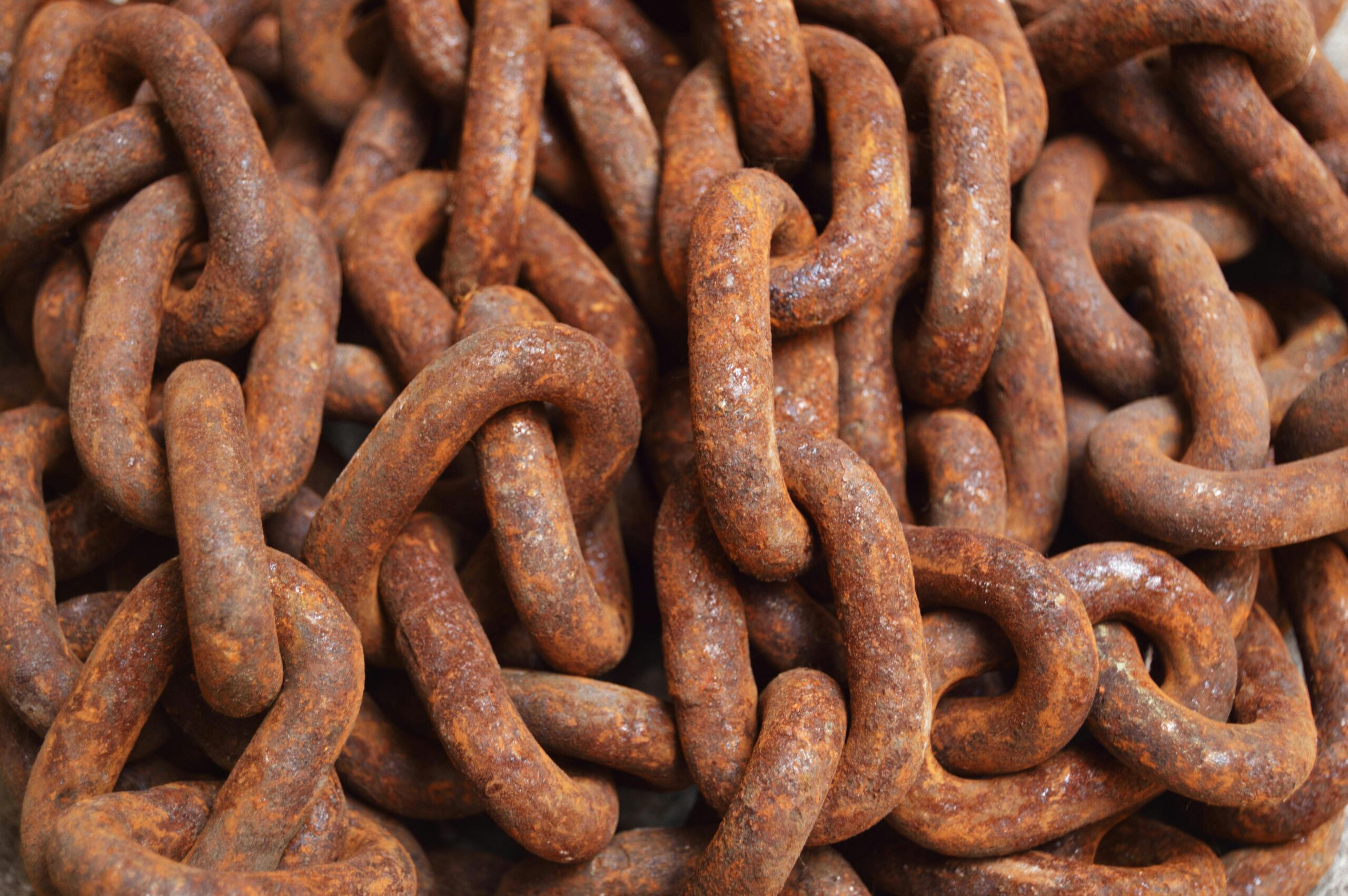Our minds and bodies are in a constant state of survival which can oftentimes steer us away from the uncomfortable as a means to keep our hearts unaware of the evil in this world. Straying away from the uncomfortable is so easy, but sitting with this unfamiliarity is so difficult for us to do.
I have found this to be true when I bring up the severity of human trafficking and exploitation. When I share these stories of unimaginable abuse I see eyes becoming glossy and hearts tend to overflow with sympathy and pain for these victims; a disturbing uneasy feeling consumes them as they are listening to the horrors of this industry.
But if kids are experiencing this, the very least they deserve is for us to push away our uncomfortable state and listen to what is happening to them.
Human trafficking is simply defined as the buying and selling of people for slave labor, sex slavery, or organ harvesting. This industry is not worlds away but is happening right now, right here, as America is the number one consumer of child exploitation material in the world.
There are more people enslaved today than ever before in the history of mankind. If you add up all of the slaves from the Transatlantic slave trade during the 15th and 19th centuries, there are still more people in slavery today than in those centuries combined.
This question then arises, “Why is there such an increase in demand?” We live in a pornified world that has damaged brains into seeking dopamine in the form of sexualizing prepubescent children. With technology ever-growing, it has become easier for illicit videos and pictures to be downloaded and sent. There are 30-50 million files of child sexual abuse material traded daily.
Gary Haugen is the founder of International Justice Mission, a global organization fighting against poverty violence and human trafficking. Previously, after graduating from Harvard, Haugen embarked on an investigation following the Rwanda genocide. He began to notice that no matter where you are in the world, people with power, whether political or physical – tend to abuse the power they were given if they are not held accountable, whether in regard to human trafficking or other corruption.
After this journey, Haugen’s eyes were opened to the violence against poor people, which was his inspiration to start IJM. Shortly after his time in Rwanda, he traveled to Guatemala where he met with a young girl named Griselda. In Guatemala, the status of a girl comes from her education, known as “The Girl Effect.” When a girl does not have an education she is deemed most vulnerable to abuse. Griselda does not have the money to afford education, so she spends her days hiding from violence. Haugen was walking the streets when he saw Griselda walking with her family just after finishing a church service. A group of men pulled her aside and brutally gang-raped her, right there, in the streets of Guatemala.
Haugen states that, “Everyday violence of domestic abuse and sexual violence account for more deaths and disabilities than malaria, car crashes and war combined.” IJM demonstrates that change is possible and the organization works to protect communities facing poverty around the world.
I believe that if we all heard stories like these we would dedicate ourselves to stopping the demand of human trafficking. These topics are not being talked about enough in mainstream media because of the uncomfortable feeling it brings. The feeling of being uncomfortable is not an excuse when lives are on the line.

